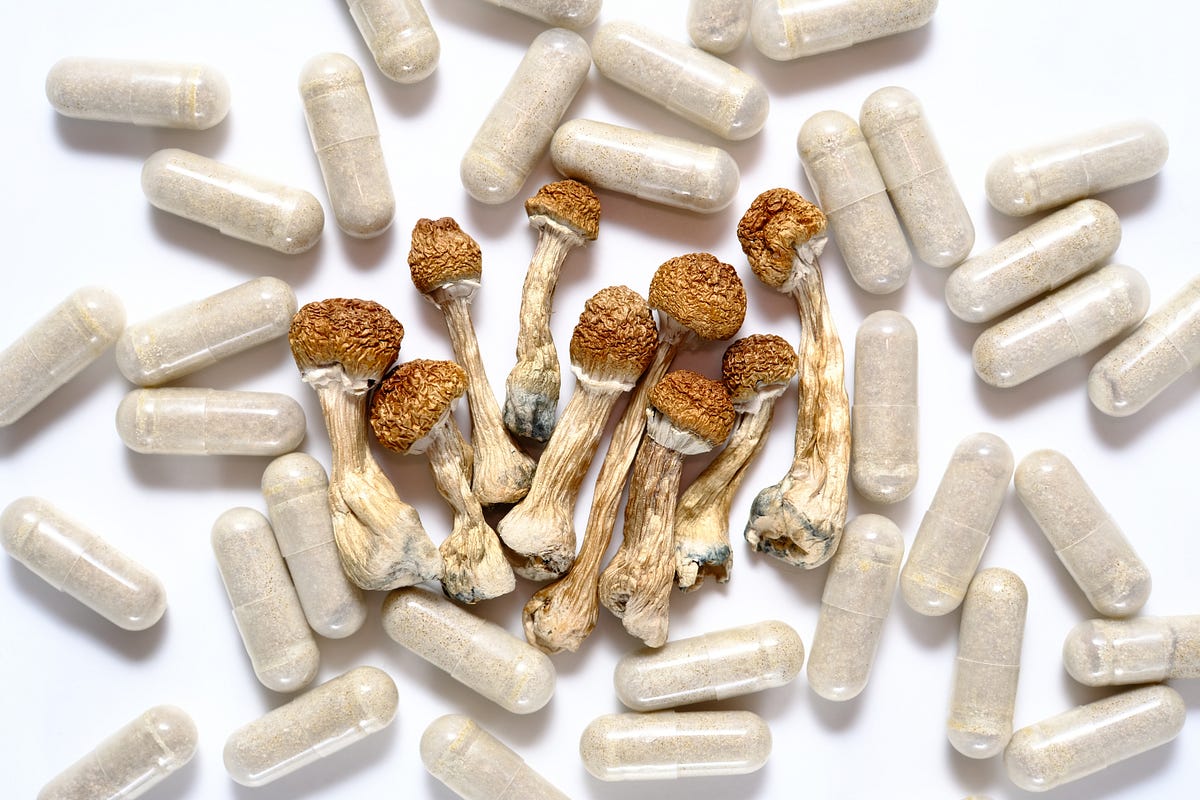When it comes to mental health treatment, one of the most common concerns people face is whether or not to take medication. It’s completely normal to feel hesitant—after all, putting something into your body is a big decision. Whether you’re worried about side effects, dependency, or just don’t feel like it’s the right path for you, there are ways to navigate this decision with confidence and knowledge.
Why the Hesitation?
There are many reasons people hesitate to take prescribed medications for mental health conditions such as anxiety, depression, or ADHD. Some common concerns include:
- Side effects: Fear of unwanted changes, such as weight gain, drowsiness, or emotional numbness.
- Dependency worries: Concern about becoming reliant on medication or facing withdrawal symptoms.
- Stigma: A cultural or personal belief that taking medication means you’re “weak” or “broken.”
- Mistrust of pharmaceuticals: Discomfort with big pharmaceutical companies or unnatural substances.
- Desire for natural solutions: A preference for lifestyle changes, therapy, or holistic approaches.
If any of these resonate with you, you’re not alone. The good news is that mental health treatment is not one-size-fits-all.
The Role of Supplements in Mental Health
For those looking for alternatives or complementary treatments, supplements can be an option worth exploring. However, they should be approached with the same level of caution and research as any other treatment. Here are some supplements that have been linked to mental health benefits:
- Omega-3 Fatty Acids: Found in fish oil, omega-3s have been shown to help with mood stabilization and cognitive function.
- Magnesium: Known for its calming effects, magnesium can help reduce anxiety and improve sleep quality.
- Vitamin D: Low levels of vitamin D have been linked to depression. Sun exposure and supplementation can help regulate mood.
- B Vitamins (B6, B12, Folate): These are essential for brain function and can help reduce symptoms of depression and anxiety.
- Adaptogens (Ashwagandha, Rhodiola, Ginseng): Herbs that help the body adapt to stress and may reduce anxiety.
- Probiotics: Gut health is closely linked to mental health, and a healthy microbiome may positively impact mood and anxiety levels.
Important Considerations Before Choosing Supplements
While supplements can be helpful, it’s important to remember:
- They’re not a guaranteed cure. Supplements may support mental health, but they aren’t a replacement for professional treatment.
- Quality matters. Not all supplements are created equal. Look for third-party-tested brands to ensure purity and effectiveness.
- They can interact with medications. If you’re already taking medication, some supplements can have dangerous interactions. Always consult with a healthcare provider before starting anything new.
- Dosage and consistency are key. Taking a supplement sporadically won’t yield the same results as following a proper regimen.
Finding the Right Balance
If you’re unsure about medication, consider a blended approach. Many people benefit from a combination of:
- Therapy (CBT, EMDR, or talk therapy)
- Lifestyle changes (exercise, diet, mindfulness, sleep improvement)
- Supplements (with professional guidance)
- Medication (if other methods don’t provide sufficient relief)
The most important thing is to find a plan that works for you—one that supports your well-being, aligns with your beliefs, and allows you to live your best life. Mental health is deeply personal, and there’s no shame in seeking help in whatever way feels right for you.
Final Thoughts
If you’re feeling hesitant about medication, give yourself grace. Take the time to research, consult professionals, and explore all your options. Whether you choose medication, supplements, therapy, or a mix of approaches, the goal is the same: to feel better, live healthier, and take control of your mental well-being.
At Fourth Wall Wellness, we believe in empowering you with knowledge so you can make informed decisions about your mental health. Our providers are here to discuss your options and help determine whether medication, supplements, or a combination of both is the right fit for you. Your safety and well-being are our top priorities, and we’re committed to supporting your care—whether you choose prescription treatments, natural alternatives, or a personalized blend of both.



